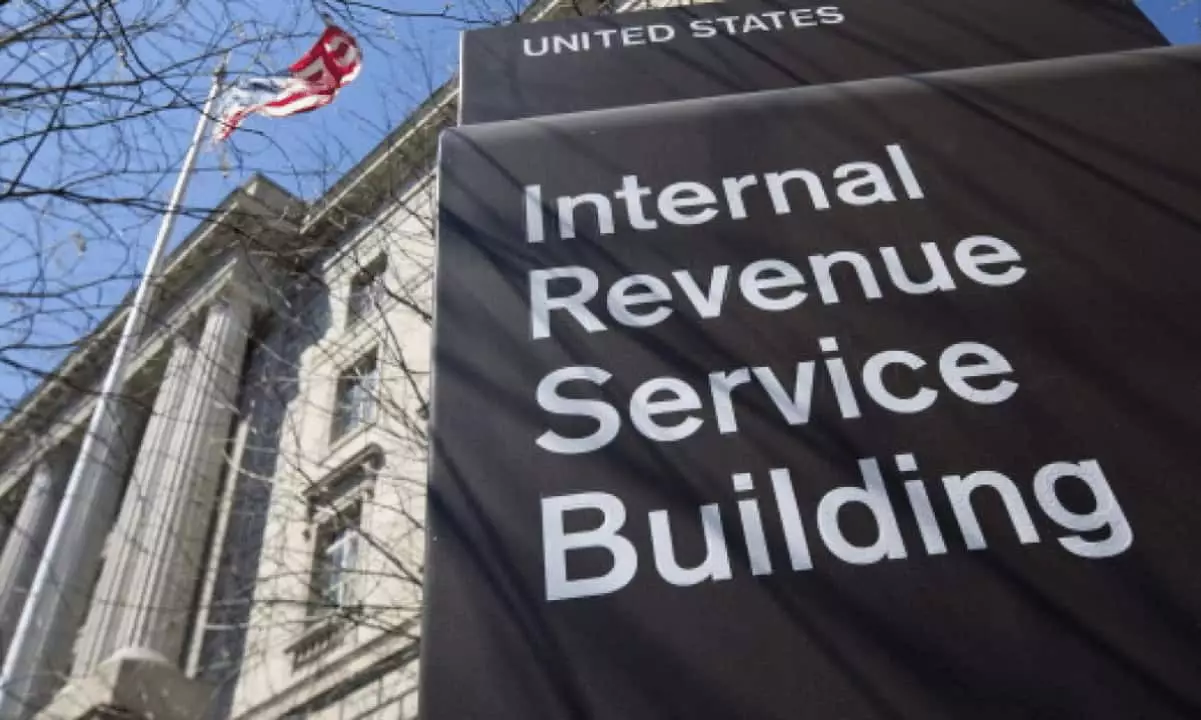The Internal Revenue Service (IRS) has recently shifted its attention to tax evasion in crypto investigations, according to a report from the agency’s criminal investigations division. More than 50% of the probes conducted in the last fiscal year were related to tax matters, marking a significant change from previous years.
While the majority of cryptocurrency investigations three years ago were centered around money laundering, tax-related issues have become increasingly prominent. In the previous fiscal year, tax matters accounted for approximately half of all digital asset investigations. This shift in focus highlights the growing concern over cryptocurrency tax fraud and marks a new direction for the IRS.
The IRS’s Criminal Investigation Unit reported an upswing in the number of investigations into digital asset reporting in its annual report. In the 2023 fiscal year alone, the unit initiated more than 2,676 cases, identifying over $37 billion in transactions associated with financial and tax crimes.
The investigations primarily targeted undisclosed holdings of cryptocurrencies, unreported capital gains from cryptocurrency transactions, income generated from mining activities, and the concealment of cryptocurrency holdings. These efforts are part of the IRS’s ongoing mission to address crypto markets and combat tax evasion.
One of the main offenses under scrutiny is the deliberate evasion of payment obligations. Taxpayers have been purposefully concealing ownership of cryptocurrencies to protect their assets. With the growing adoption of digital assets, tax-related investigations are expected to continue to rise.
The IRS started addressing crypto markets in 2015, launching investigations into crypto-related crimes. Since then, the agency has successfully seized over $10 billion in crypto assets. In 2019, the IRS introduced a new mandate that requires U.S. taxpayers to report all digital asset transactions to mitigate tax evasion.
To further strengthen regulations, the IRS is actively seeking input from various stakeholders, particularly regarding proposed cryptocurrency tax reporting measures. The agency aims to create new regulations that specifically target brokers and intermediaries involved in the crypto business.
The increasing focus on tax evasion in crypto investigations reflects the evolving landscape of digital assets and the IRS’s determination to combat tax fraud. With the rising popularity of cryptocurrencies, it is crucial to establish robust regulations to ensure tax compliance in the crypto industry. The IRS’s efforts to engage stakeholders and formulate appropriate measures show its commitment to addressing the challenges posed by digital assets.

